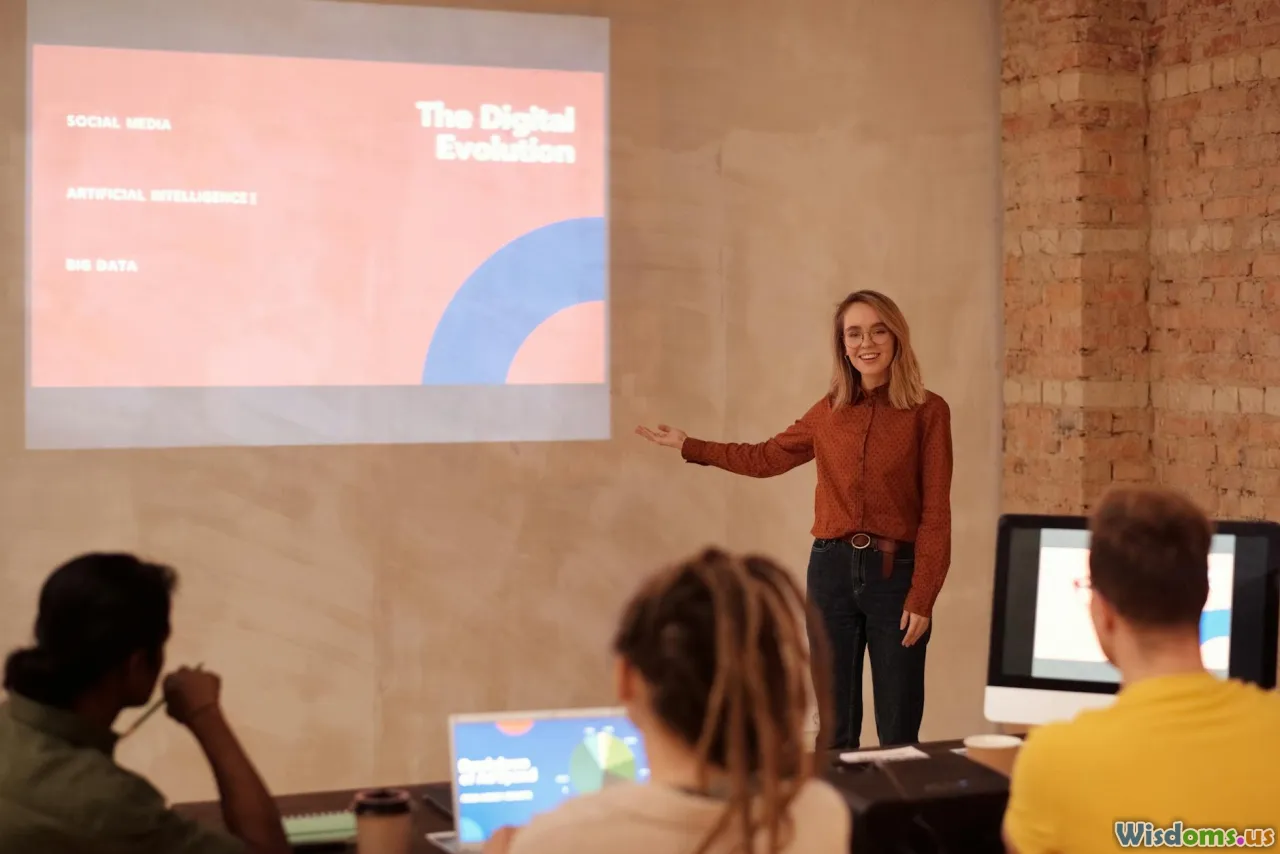
AI and the Evolution of Work
6 min read Explore how AI is reshaping the workforce and what the future of work may look like in an AI-driven world. (0 Reviews)
AI and the Evolution of Work
Introduction
The evolution of work has always been inextricably linked to technological advancements. From the Industrial Revolution to the Information Age, each leap in technology has reshaped how we perceive work and the roles we perform. Today, we stand on the brink of another monumental shift driven by artificial intelligence (AI). This article delves into how AI is transforming work across various sectors, the implications for employees and employers, and the skills needed for a future dominated by intelligent machines.
The Rise of AI in the Workplace
Understanding AI
Artificial intelligence refers to the simulation of human intelligence in machines designed to think and act like humans. With capabilities ranging from simple task automation to complex decision-making, AI is finding applications in virtually every industry. According to a report by McKinsey, AI could add $13 trillion to the global economy by 2030, fundamentally altering productivity and employment.
AI in Action: Real-World Examples
- Customer Service: Companies like Amazon and Zappos are implementing AI chatbots that handle customer inquiries, reducing the need for human representatives and allowing them to focus on more complex issues.
- Manufacturing: AI-driven robots are used in factories to perform repetitive tasks with precision. General Motors, for instance, has integrated AI in its production lines to enhance efficiency and reduce human error.
- Healthcare: AI is revolutionizing diagnostics and patient care through predictive analytics and personalized treatment plans. IBM’s Watson is actively assisting doctors in making informed decisions based on vast data analyses.
Changing Job Roles and Skills
Job Displacement vs. Job Creation
The rise of AI has raised concerns about job displacement. However, while certain roles may become obsolete, AI also creates new opportunities. For instance, jobs in AI development, data analysis, and machine learning are on the rise. A study by the World Economic Forum predicts that by 2025, 85 million jobs may be displaced, but 97 million new roles could emerge, emphasizing the need for workforce adaptation.
Skills for the Future
As AI integrates into the workplace, new skills will be paramount. Here are some critical areas of focus:
- Technical Skills: Proficiency in AI and data analytics will be crucial. Workers should be comfortable with programming languages like Python and R, which are commonly used in AI applications.
- Soft Skills: Creativity, emotional intelligence, and critical thinking will differentiate humans from machines, making these skills vital in an AI-driven workplace.
- Lifelong Learning: The ability to adapt and learn continuously will be essential as technology evolves. Upskilling and reskilling will become the norm for staying relevant in the workforce.
The Future of Work: A Collaborative Environment
Human-AI Collaboration
Rather than replacing humans, AI is poised to augment human capabilities. Collaborative robots (cobots) are designed to work alongside humans, enhancing productivity while maintaining human oversight. This partnership allows for more efficient workflows and the potential to tackle complex tasks that require both human insight and machine efficiency.
Redefining Workplace Dynamics
AI’s presence will also shift workplace dynamics. Remote work and flexible schedules are likely to become more prevalent, facilitated by AI tools that enhance communication and project management. Virtual reality meetings and AI-driven scheduling systems are just a glimpse into how work environments will evolve.
Ethical Considerations
As AI becomes more integrated into work, ethical considerations must be addressed. Issues surrounding job displacement, data privacy, and bias in AI algorithms are critical. Organizations need to establish guidelines and frameworks to ensure the responsible use of AI, promoting inclusivity and fairness in the workplace.
Conclusion
The evolution of work in the age of AI represents both challenges and opportunities. As we embrace this technological advancement, it is crucial for individuals and organizations to adapt and prepare for the future. By focusing on developing the necessary skills, fostering collaboration, and addressing ethical concerns, we can shape a future where AI and humans coexist harmoniously, driving innovation and productivity.
In this new era, understanding the impact of AI on work is not just beneficial; it is essential for thriving in an ever-changing landscape.
Rate the Post
User Reviews
Popular Posts




















